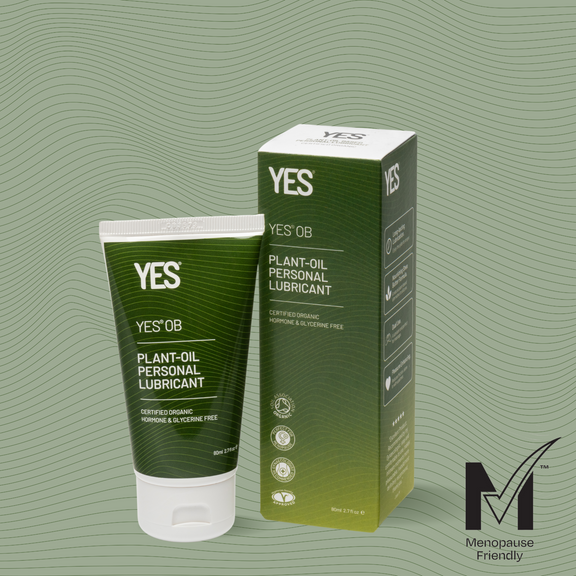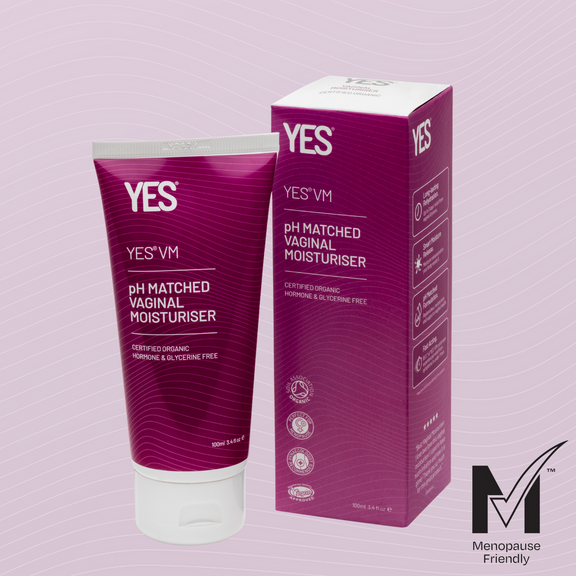Lichen Sclerosus
Lichen Sclerosus (often misspelt as Lichen Sclerosis) is a chronic inflammatory skin condition that mainly affects the vulva in women and female children and also the penis tip in men and boys. It is most common in girls before puberty and women after the menopause but can, and frequently does, occur at any age and affects at least one in a thousand women.
The exact cause of Lichen Sclerosus is not known, but it is classified as an autoimmune disease. It is thought that the disease may be inherited. Lichen Sclerosus can also appear on skin that has been damaged or scarred from a previous injury.
Symptoms of Lichen Sclerosus in women
Women with Lichen Sclerosus usually develop small white spots and sometimes bruising on the vulva. Itchiness develops which can be severe. This itchiness tends to be worse at night and may disturb sleep. It has been described as “a torment”. There may also be itchy spots on the skin around the anus.
Over time, the spots can spread and merge together to form large white plaques. The skin of the vulva or anus may eventually turn very pale and shiny, and become fragile, thin and crinkly or scarred and thickened. Some patches of skin may become inflamed and raw and may eventually split. Sore or cracked vulval skin is more prone to vaginal infections.
Without treatment, the skin of the vulva may scar and shrink over the following months or years and can lead ultimately to the fusion of the labia. Further complications can result in pain on passing urine, difficulty with childbirth and bowel movements.
How can YES® help soothe Lichen Sclerosus?
We receive a lot of emails from customers who have found that YES® products can help them to treat Lichen Sclerosus and Lichen Planus. Our natural lubricants and moisturisers protect, moisturise and lubricate sensitive tissues naturally. They can be used as daily relief from the irritation, with dilators and during intercourse. They can be used as daily relief from the irritation, with dilators and during intercourse. Read our testimonials to help you choose the product that is right for you.
However as with the treatment and management of any medical condition we always recommend that you discuss any treatment options with your qualified healthcare practitioner. Important advice is also available at The British Society for the Study of Vulval Disease.



